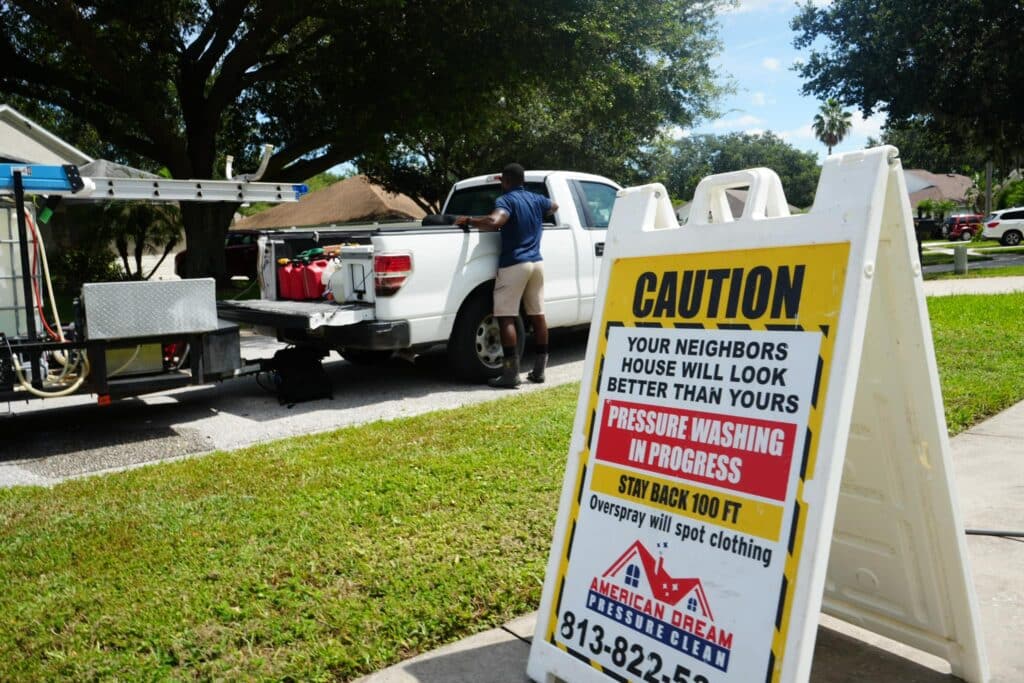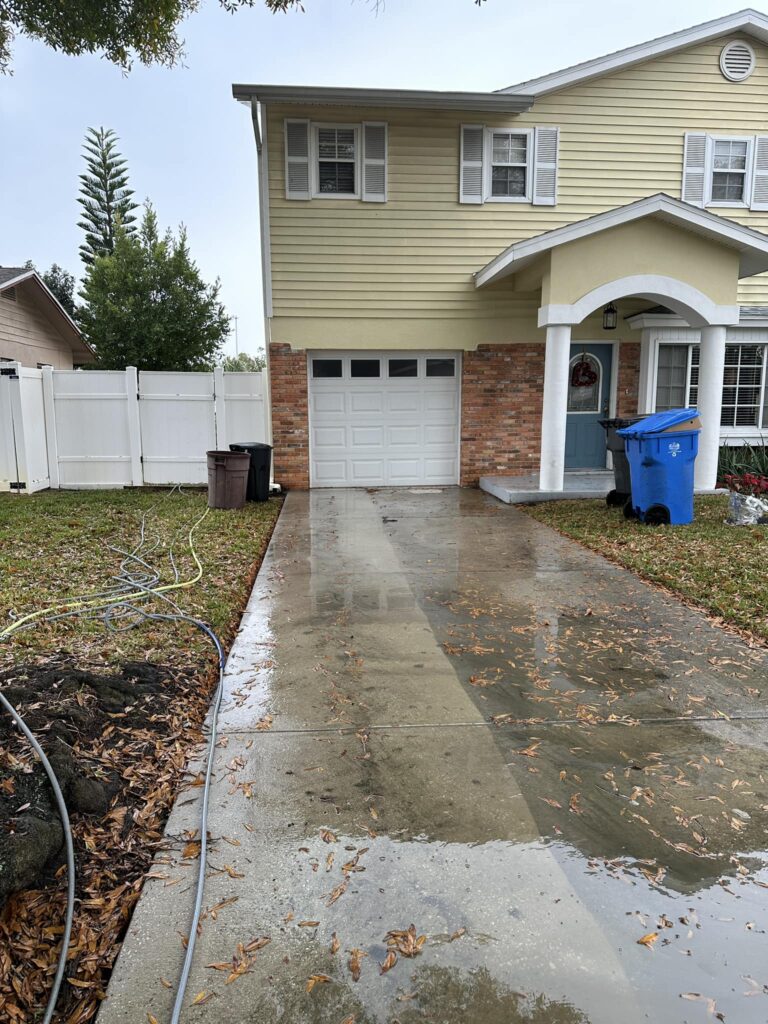Pressure Washer Safety Week is an annual event dedicated to promoting awareness and education about the safe use of pressure washers. As we celebrate Pressure Washer Safety Week 2024, it’s essential for homeowners to understand the importance of safety precautions when operating these powerful cleaning tools.
There are two main types of pressure washers: gas-powered and electric-powered. Gas-powered pressure washers are typically more powerful and suitable for heavy-duty cleaning tasks, while electric-powered pressure washers are more lightweight and convenient for smaller projects.
Regardless of the type, all pressure washers consist of similar components, including a motor or engine, a water pump, a high-pressure hose, and a trigger gun. The motor or engine powers the water pump, which pressurizes the water before it’s expelled through the nozzle at high velocity.

